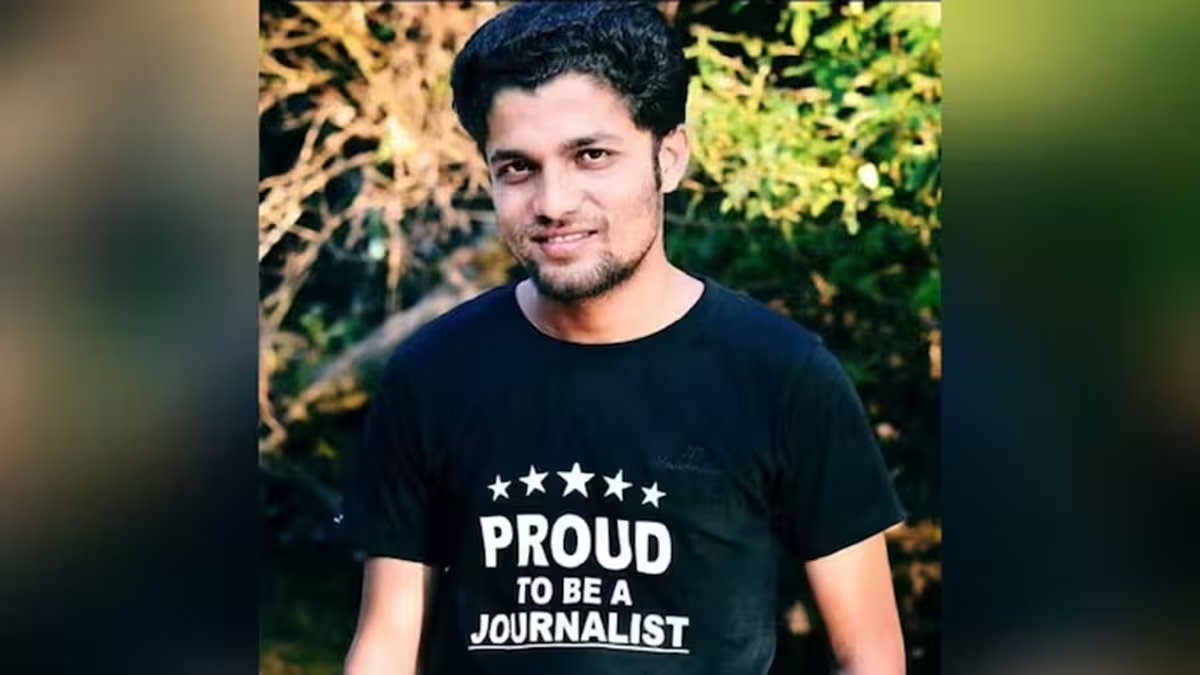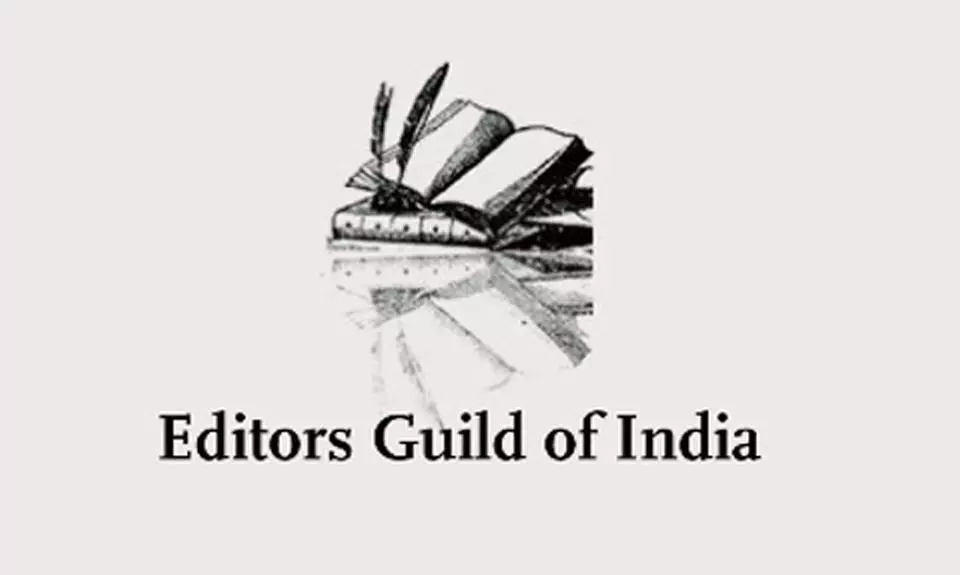
Freedom of the press is in garbage pit
text_fieldsThe tragic and brutal murder of 33-year-old journalist Mukesh Chandrakar in Chhattisgarh has shocked the nation. A reporter for 'Bastar Junction' and NDTV, Mukesh had fearlessly exposed corruption in the Maoist-affected Bastar region. His body was discovered on January 3 in a contractor's septic tank. The report aired on December 25, which uncovered the corruption and scams in the road project worth 120 crore rupees being implemented in Bastar, is said to have provoked the contractors, according to Vijay Sharma, the state's Home Minister and Deputy Chief Minister. An 11-member Special Investigation Team has been appointed by the state government. Mukesh, who went missing after a press conference with one of the brothers of the contractors on January 1, was later found dead. Following the complaint, the police investigation led to the discovery of the body two days later. The post-mortem report states that he was brutally killed by being struck on the head and chest and strangled by the neck. The doctor who led the post-mortem said it was the most horrific experience of his career. In light of the CCTV footage and other evidence examined by the police, three contractor brothers involved in the road project have been arrested.
Mukesh's reports, which brought news from the interior regions of Bastar, a stronghold of Maoist power, gained immense popularity. In 2021, the administration itself used Mukesh’s long-standing connections to secure the release of a CRPF commando who had been abducted by the Maoists. When the central and state governments began to inject large amounts of funding into regional development, declaring it an effort to uproot Maoism, the Bastar region turned into a goldmine for corrupt individuals. Under the guise of infrastructure development, the corruption taking place in the region, which Mukesh’s camera and microphone captured, provoked both contractors and goons. Mukesh had been reporting for months about the embezzlement of public funds in road construction and mining contracts. As the funds were siphoned off and the work remained incomplete, many contracts were abandoned halfway. Due to severe shortcomings in construction, schools and buildings collapsed during landslides and floods. Even then, contractors continued to thrive under the shadow of wealth and power. Those actively involved in corruption and underworld activities disguised themselves as charity workers before the public. Mukesh dared to expose the faces of these individuals, even when they were masked. And he had to pay for it with his life.
Mukesh's case is not an exception. In a post-liberalization world, where the powerful and corporate monopolies collude, such atrocities continue to repeat endlessly. The underworld of corruption is determined to silence those who bring hidden truths into the light, as India’s recent experiences have proven. Not only has journalism and freedom of the press been denied for a long time in the world’s largest democracy, but journalists have often become victims of increasing threats to their lives and other severe hardships. In a single decade after Narendra Modi’s government came to power in 2014, 28 journalists were killed. Among them, many were reporters working in the forest, environment, and land sectors. Their 'crime' was exposing illegal construction and corruption. It is not for nothing that India's ranking among 180 countries in the World Press Freedom Index stands at 100, and it is no coincidence. It had been slipping fast and by 2023, this rank had dropped to 161. Last year, the country’s position was 159. In the region, only Bangladesh stands alongside India.
The brutal manifestation of the joint efforts between the central and state governments, along with their beneficiaries or corporate partners, to strangle media freedom s evident in the killing of a journalist. The body was thrown into a septic tank and covered with a slab, a gruesome act reflecting the deliberate effort to silence and bury journalism. At both the central and state levels, there is a concerted effort to coax and cajole the media and journalists with money and enticements and manipulating them into complete submission. These recurring murders in India demonstrate that those unwilling to fall in line are being systematically eliminated. The sight of democracy being exploited as a pathway to power and then being suffocated by it is also evident in the murder of Mukesh. Those who silence journalists by bribing and strangling them are allowing democracy to decay. Without freedom of the press, the country will head toward the abuse of power, leading to the disintegration of democracy. Only protests and dissent, recognising this eventuality, can serve as a meaningful response.
























